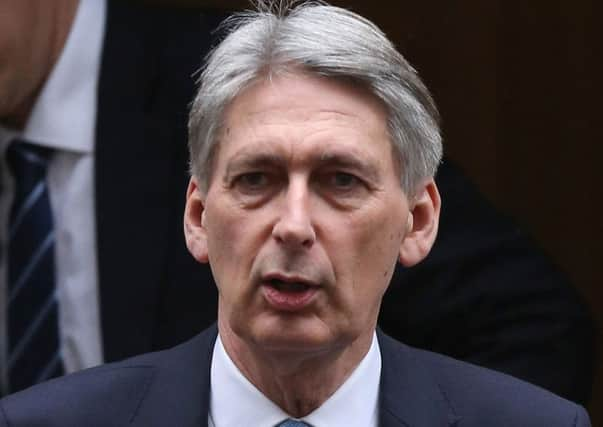Ministers face demands for answers on devolution plan


The West Yorkshire Combined Authority is expected to agree to write to the Government to ask for “clear reasons” why the devolution agreement covering West Yorkshire, Harrogate and Craven has not gone ahead.
The bid for the deal to take powers and money from the Government in return for creating an elected mayor for the area was submitted to the Treasury in 2015 but ministers have never officially responded.
Advertisement
Hide AdAdvertisement
Hide AdIt is widely thought the objections of a number of Conservative MPs in West Yorkshire is the principal reason no progress has been made.
The combined authority is also due to discuss the latest devolution proposal which would see a mayor created for the whole of Yorkshire.
While Greater Manchester, the Liverpool City Region and the West Midlands are among those areas to strike devolution deals with the Government, Yorkshire has struggled.
The one Yorkshire deal agreed, covering South Yorkshire, Chesterfield and Bassetlaw, was recently put in doubt by a legal ruling which has delayed the election of a mayor for the area by a year.
Advertisement
Hide AdAdvertisement
Hide AdIn a new report, the IPPR North thinktank has suggested the Government should offer areas a “menu” of powers and the local reforms, such as creating a mayor, needed to secure them.
Report author Jack Hunter said: “To date, discussions around devolution have been conducted in secret and according to a set of unknown criteria.
“By providing greater clarity about its underlying principles, government can reboot the devolution process and put the onus firmly on local leaders to work creatively to develop governance solutions that work for their area.
“We also need to see much more ambition and imagination. By comparison to other developed countries, the UK remains hugely centralised.”